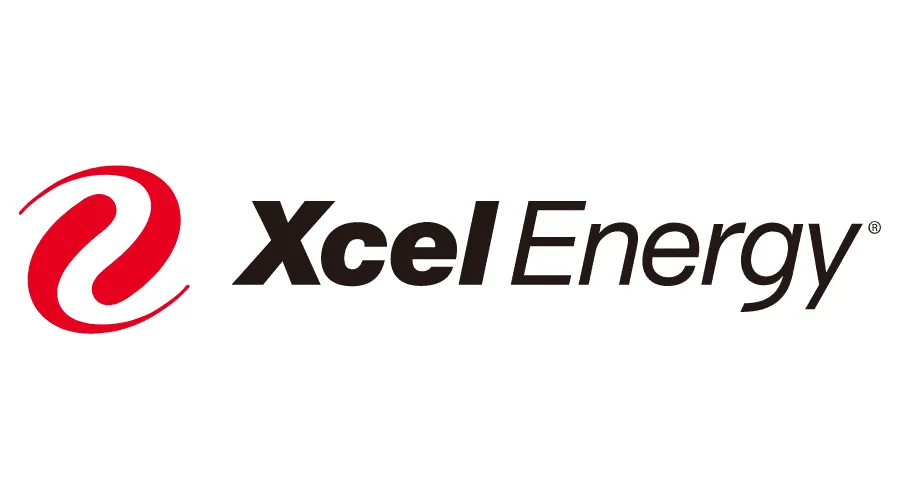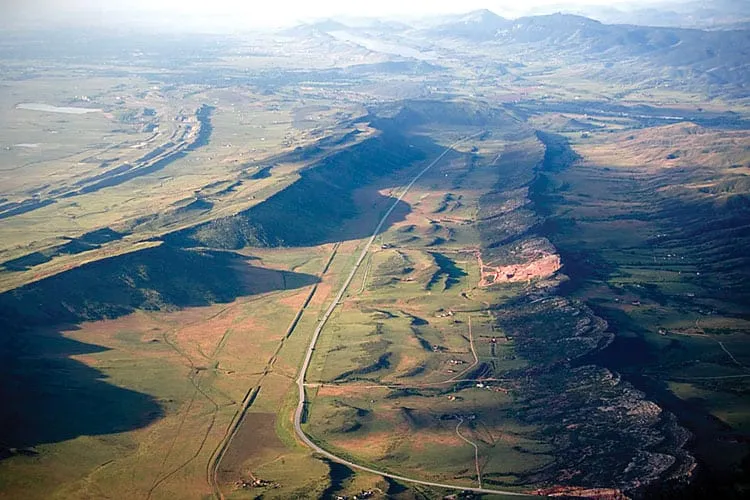SB 181 rule writing dampens merger activity
Colorado’s oil and gas industry is struggling. Even with lower development costs compared to other shale deposits across the country, producers in the Denver-Julesburg Basin have been joining forces with other players in the area or selling their assets in the basin to larger U.S. players.
Much of the merger and acquisition activity is being driven by the investment community. Many investors threw money at oil and gas plays across the country expecting high returns that never materialized. Now investors want more accountability for how their dollars are spent.
A recent survey of oil and…
THIS ARTICLE IS FOR SUBSCRIBERS ONLY
Continue reading for less than $3 per week!
Get a month of award-winning local business news, trends and insights
Access award-winning content today!




